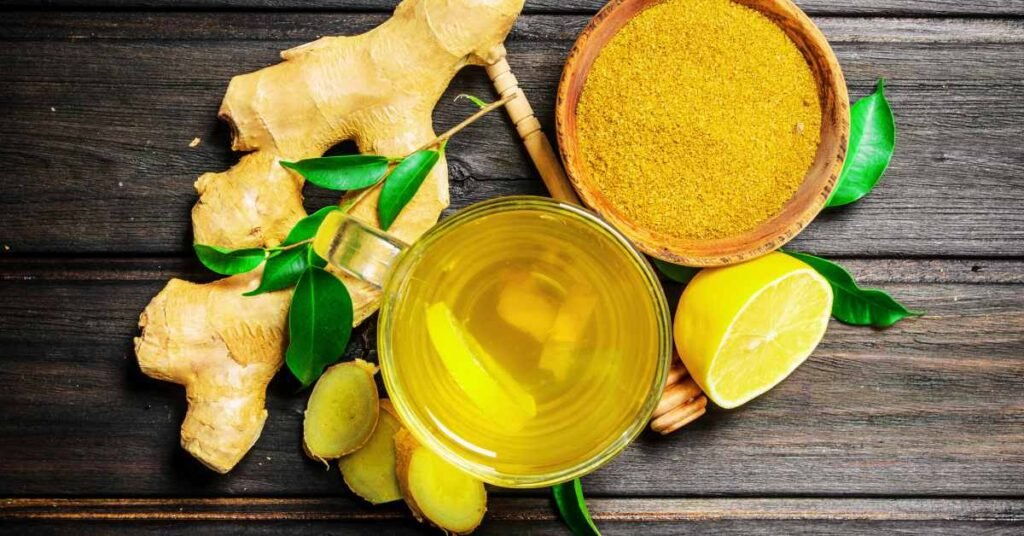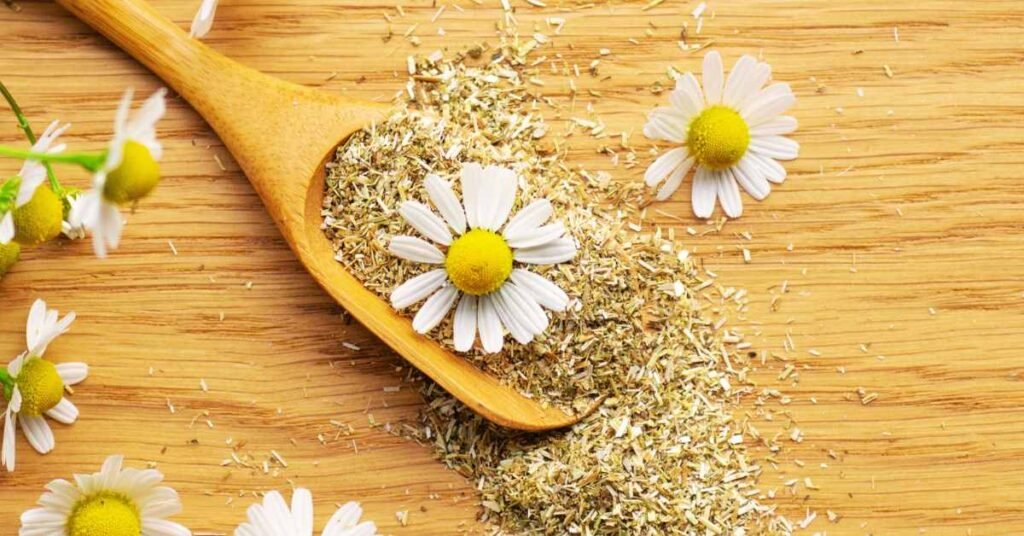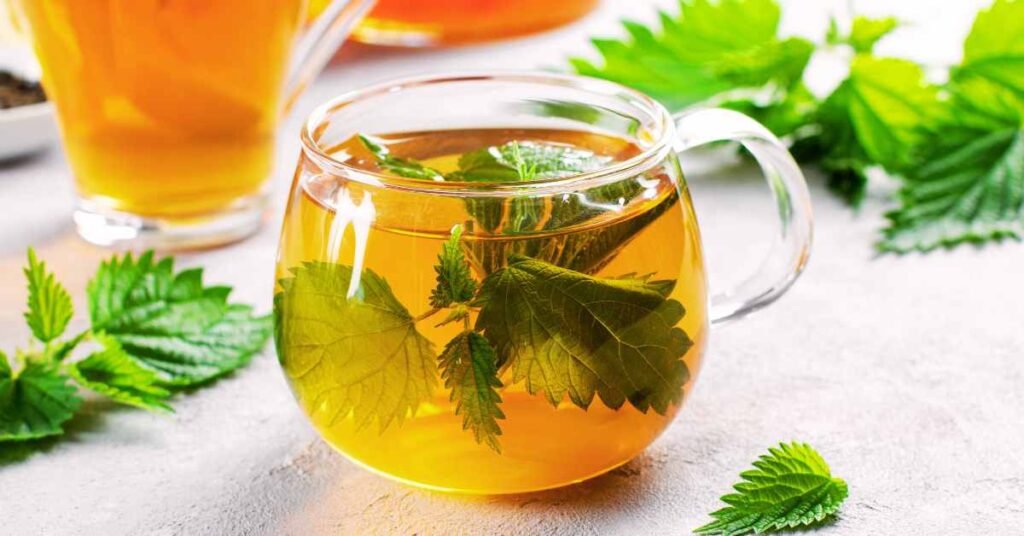An enlarged spleen, known as splenomegaly, can be a concerning condition that often requires medical attention.
While conventional treatments are essential, exploring complementary approaches such as herbal teas may offer supportive benefits.
In this article, we will delve into the world of teas and their potential positive impact on enlarged spleens.
Understanding Enlarged Spleen

Before exploring the benefits of teas, it’s crucial to understand what an enlarged spleen is and its potential causes.
The spleen, an organ located beneath the ribcage on the left side, plays a vital role in the immune system.
Enlargement can occur due to various factors, including infections, liver diseases, blood disorders, or underlying inflammatory conditions.
Symptoms may include pain or fullness in the left upper abdomen, fatigue, and easy bleeding.
Herbal Teas for Enlarged Spleen
Turmeric Tea:
Turmeric, known for its anti-inflammatory properties, may help alleviate swelling and inflammation associated with an enlarged spleen.
Curcumin, the active compound in turmeric, has been studied for its potential to modulate the immune response and reduce inflammation.
Brewing a cup of turmeric tea and incorporating it into your daily routine might offer a gentle yet effective way to support spleen health.
Ginger Tea:
Ginger, with its powerful anti-inflammatory and antioxidant properties, is another herb that may contribute to managing spleen enlargement.

Ginger tea can aid digestion, reduce inflammation, and potentially alleviate discomfort associated with an enlarged spleen.
Regular consumption may promote overall well-being and contribute to the body’s natural healing processes.
Dandelion Root Tea:
Dandelion root has long been revered for its liver-cleansing properties.
Since an enlarged spleen can be linked to liver issues, dandelion root tea may play a supportive role. It is believed to assist in detoxifying the liver, promoting healthy digestion, and reducing inflammation.
Licorice Root Tea:
Licorice root tea has been traditionally used to support various health conditions, including inflammation.
It may help soothe the spleen and reduce swelling. However, it’s important to use licorice root cautiously, as prolonged or excessive consumption can lead to side effects such as elevated blood pressure.
Consulting a healthcare provider before adding licorice root tea to your regimen is advisable, particularly for those with hypertension or heart issues.
Chamomile Tea:

Chamomile tea, known for its calming and anti-inflammatory properties, may offer relief from discomfort associated with an enlarged spleen.
This gentle herbal remedy can be a soothing addition to your daily routine, promoting relaxation and potentially contributing to the overall well-being of your spleen.
Chamomile tea is generally considered safe, but individuals with allergies to plants in the Asteraceae family should exercise caution.
Peppermint Tea:
Peppermint tea is celebrated for its digestive benefits, and it may assist in relieving bloating and discomfort related to an enlarged spleen.
The menthol in peppermint has a soothing effect on the digestive tract, potentially providing relief from symptoms associated with spleen enlargement.
As always, it’s advisable to consult with a healthcare professional before incorporating peppermint tea into your routine, especially if you have gastroesophageal reflux disease (GERD) or other digestive issues.
Nettle Tea:
Nettle tea is rich in vitamins and minerals, including iron and vitamin C, which are essential for maintaining a healthy immune system.

Additionally, nettle has anti-inflammatory properties that may aid in reducing spleen swelling.
While nettle tea is generally safe, it’s recommended to consult with a healthcare provider, particularly for individuals with pre-existing medical conditions or those taking medications.
Final Word
While herbal teas may offer potential benefits for individuals with enlarged spleens, it’s crucial to approach their consumption as a complementary measure alongside conventional medical treatments.
Consultation with a healthcare professional is paramount, especially if you have underlying health conditions or are taking medications.
The healing power of teas lies in their holistic approach to well-being, contributing not only to the physical but also the emotional aspects of health.
As we explore the diverse world of herbal remedies, let us embrace the synergy between nature and science for a comprehensive approach to spleen health and overall vitality.
MEDICAL DISCLAIMER
Itsnevernotteatime.com cannot and does not contain medical/health advice. The medical/health information is provided for general and educational purposes only and is not a substitute for professional advice.




